The Animal Epigrams of Anyte of Tegea
translated from the greek by mary hamil gilbert. art by claire lesar. original by anyte.
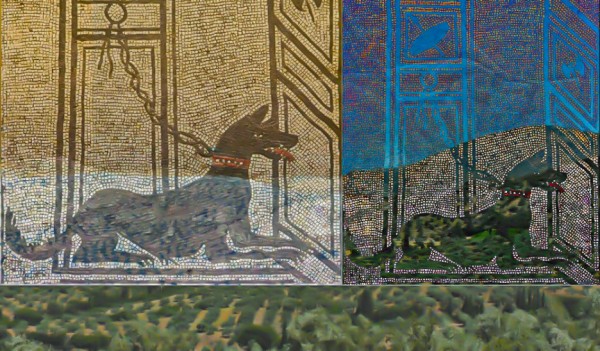
Pollux 5.48
ὤλεο δή ποτε καὶ σὺ πολύρριζον παρὰ θάμνον
Λόκρι, φιλοφθόγγων ὠκυτάτα σκυλάκων,
τοῖον ἐλαφρίζοντι τεῷ ἐγκάθετο κώλῳ
ἰὸν ἀμείλικτον ποικιλόδειρος ἔχις.
For a Dog
By a thick-rooted bush in Locris you died,
Swiftest of all the bark-loving pups,
When a colorful snake pricked your fun-loving foot
With cruel poison.
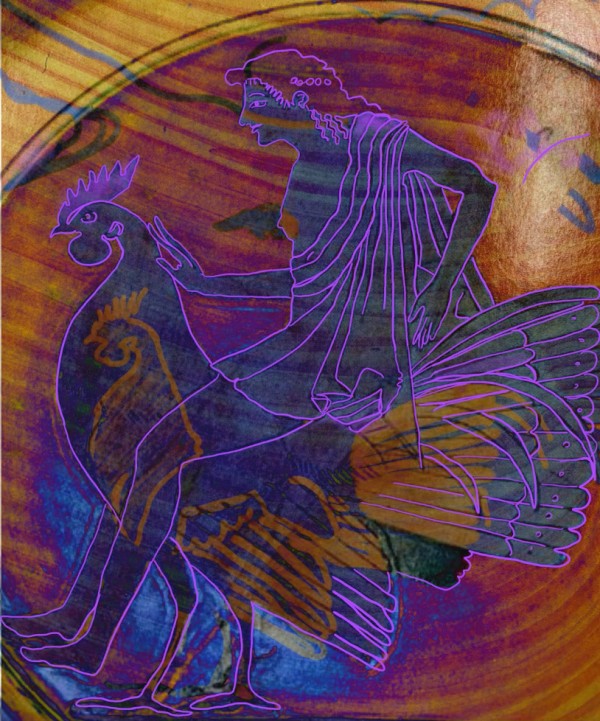
Anth. Gr. 7.202
οὐκέτι μ᾽ ὡς τὸ πάρος πυκιναῖς πτερύγεσσιν ἐρέσσων
ὄρσεις ἐξ εὐνῆς ὄρθριος ἐγρόμενος:
ἦ γάρ ς᾽ ὑπνώοντα σίνις λαθρηδὸν ἐπελθὼν
ἔκτεινεν λαιμῷ ῥίμφα καθεὶς ὄνυχα.
For a Rooster
You’ll wake me no more at first light as before
Flapping your fast-beating wings with the dawn.
For Sinis the cat snuck up quick while you slept;
And ended your life with a claw to the neck.
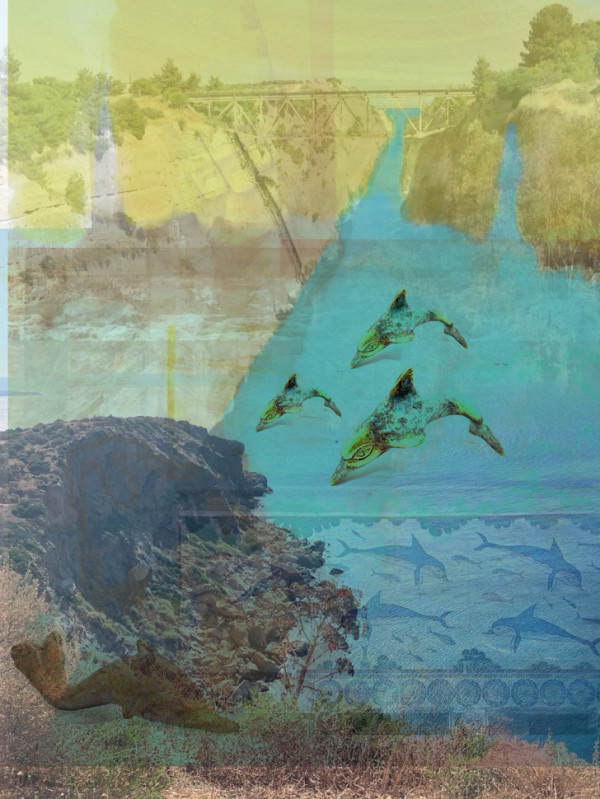
Anth. Gr. 7.215
οὐκέτι δὴ πλωτοῖσιν ἀγαλλόμενος πελάγεσσιν
αὐχέν᾽ ἀναρρίψω βυσσόθεν ὀρνύμενος,
οὐδὲ περὶ σκαλάμοισι νεὼς περικαλλέα χείλη
ποιφύσσω, τἀμᾷ τερπόμενος προτομᾷ:
ἀλλά με πορφυρέα πόντου νοτὶς ὦς᾽ ἐπὶ χέρσον,
κεῖμαι δὲ ῥαδινὰν τάνδε παρ᾽ ἠιόνα.
For a Dolphin
I frolic no more in the fish-laden sea,
Or toss my head back as I rise from the deep;
Nor spout water out by a beautiful prow,
Pleased with my face carved upon the ship’s beak;
The wine-colored sea tossed me onto dry land,
And now I lie dead on this bit of beach.
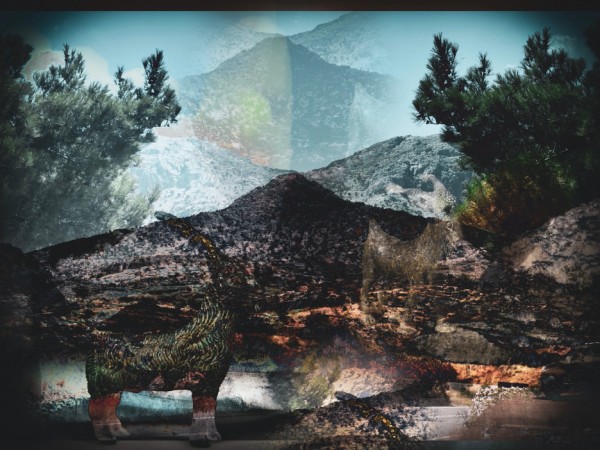
Anth. Gr. 6.312
ἡνία δή τοι παῖδες ἐνί, τράγε, φοινικόεντα
θέντες καὶ λασίῳ φιμὰ περὶ στόματι,
ἵππια παιδεύουσι θεοῦ περὶ ναὸν ἄεθλα,
ὄφρ᾽ αὐτοὺς ἐφορῇ νήπια τερπομένους.
To a Billy Goat
The children have draped you in dark purple reins,
And stuck a bit into your thick-bearded mouth;
They ride you, dear goat, like a horse through the shrine;
So the god can look on as they caper about.
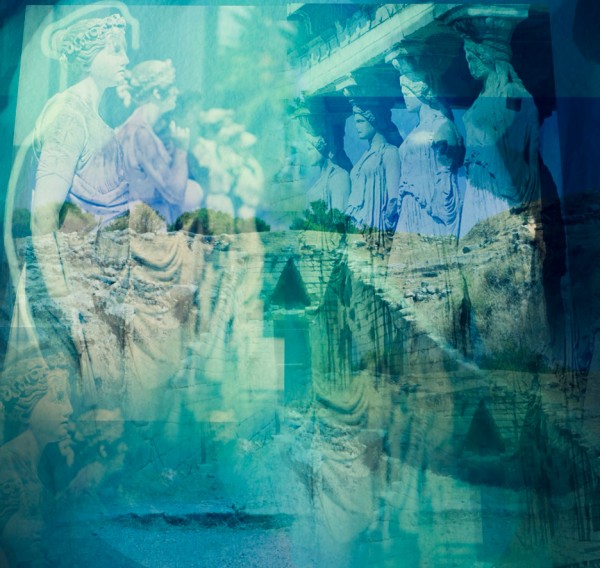
Anth. Gr. 7.190
Ἀκρίδι τᾷ κατ᾽ ἄρουραν ἀηδόνι, καὶ δρυοκοίτᾳ
τέττιγι ξυνὸν τύμβον ἔτευξε Μυρώ,
παρθένιον στάξασα κόρα δάκρυ: δισσὰ γὰρ αὐτᾶς
παίγνι᾽ ὁ δυσπειθὴς ᾤχετ᾽ ἔχων Ἀίδας.
For a Cricket and Cicada
Myro wept girlish tears when she built a twin grave
for a cricket and tree-hung cicada to share;
Just now they sang songs, nightingales of the grass,
But hard‑hearted death came and snatched both her pets.